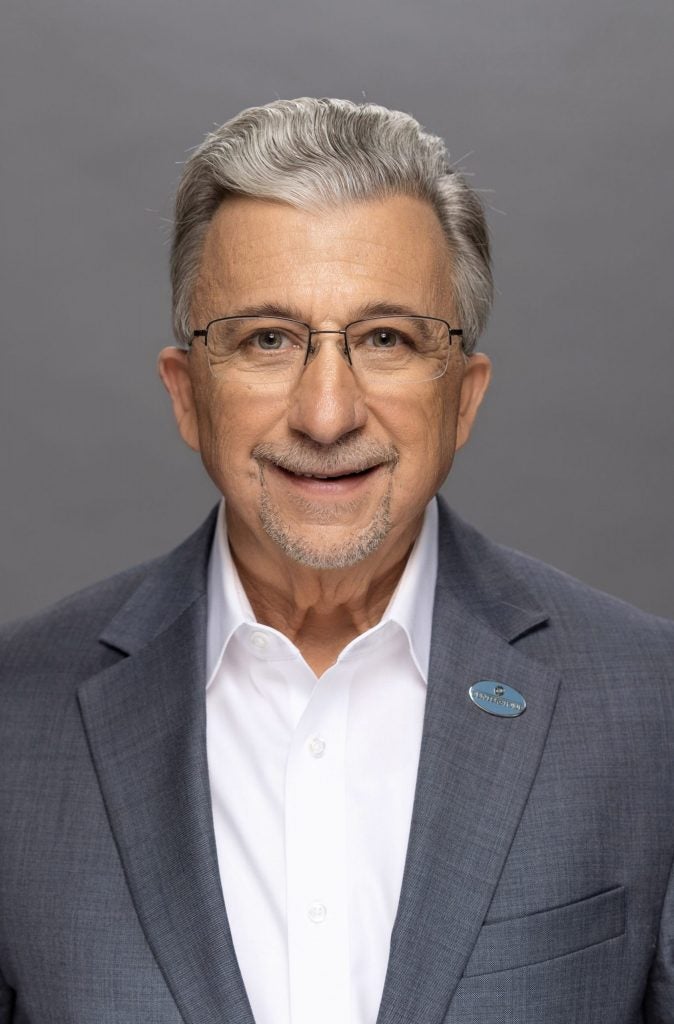Home / Health & Wellness Articles / Mental Health /
Community Mental Health: Emerging Opportunities and Threats in a Post-Covid World

When the COVID-19 pandemic began in early 2020, none of us knew exactly what would unfold. It was hard to imagine in the early days that nearly every person on the planet would be affected. Though it was one of the greatest tragedies of our time, one of the silver linings has been the great strides seen across the behavioral health profession. From greater access through telehealth technology to reduction in stigma to an increased awareness and mainstream conversations about mental health, more people than ever are focused on mental health. While the pandemic led to some positive changes in healthcare, it obviously brought many hardships as well – especially in the healthcare setting. Workforce shortages and increased burnout have resulted in fewer professional caregivers across many industries – including mental health providers. Now, our industry sits at a crossroads as we begin to explore how all of this rapid change will impact not only the organizations providing behavioral health services, but also the consumers who need them.
When in-person appointments temporarily came to a pause because of the pandemic, we as a profession knew that stopping care altogether was not an option – therefore, telehealth jumped more into the mainstream. Telehealth was in motion long before the pandemic hit, but it was only during that time when it became more widely used. Telehealth provisions that came out of the pandemic have significantly improved access to care in rural communities, for school-age children whose access to care can be limited due to school schedules, and for those who have challenges with reliable transportation.
Since the onset of the pandemic, the mental health field has also made significant progress by introducing and utilizing new technology like artificial intelligence (AI) to assist providers. AI tools, like those being introduced at Centerstone through our partnership with Lyssn, can help clinicians become stronger professionals through practice, take quicker and more accurate progress notes, and streamline administrative tasks such as billing and scheduling that help improve overall operational efficiency. There are between 10,000 and 20,000 mental health apps available on the market, many of which have integrated AI into their features.
In addition to greater access and efficiencies in care, the COVID-19 pandemic allowed for a shift in stigma surrounding mental health. More often, we are now seeing people talk about their own journeys with recovery and mental health in ways that they did not before. A sharp decrease in stigma, coupled with greater access to care, meant a major influx of patients. A recent American Psychological Association study reported that nearly three quarters of practitioners have longer waitlists than they did before the pandemic.
This significant increase in people needing care, however, has led in part to increased burnout and workforce shortage issues for mental health providers. And, these issues have overlapped with the unprecedented numbers of healthcare professionals who have left jobs, and even their industries, during the pandemic. For many providers, like Centerstone, we continue working to catch-up, to recruit and retain exceptional talent, and provide the best possible care for our patients.
I am inspired by the rapid innovation that is occurring throughout our segment of the profession and marvel at the amazing progress we’ve made and how we might meet the challenges that remain. A greater number of people seeking mental healthcare means more lives saved. And while this is ultimately the goal for the mental health care industry, this influx leaves us at a crossroads of different challenges – workforce issues, funding for programming, and how to make services as accessible as possible for those in need. Because there are so many mental health organizations that now have to do more for less, there is a huge need for these organizations to come together and collaborate with each other in a way that might seem foreign, but ultimately better supports their missions and their patients.
This is why Centerstone continues to invest in innovative new ideas, new technologies, and collaborative partnerships with other organizations to help us do more than we ever could alone.
David Guth is the Chief Executive Officer at Centerstone, a nonprofit health system specializing in mental health and substance use disorder services. Learn more at Centerstone.org.


